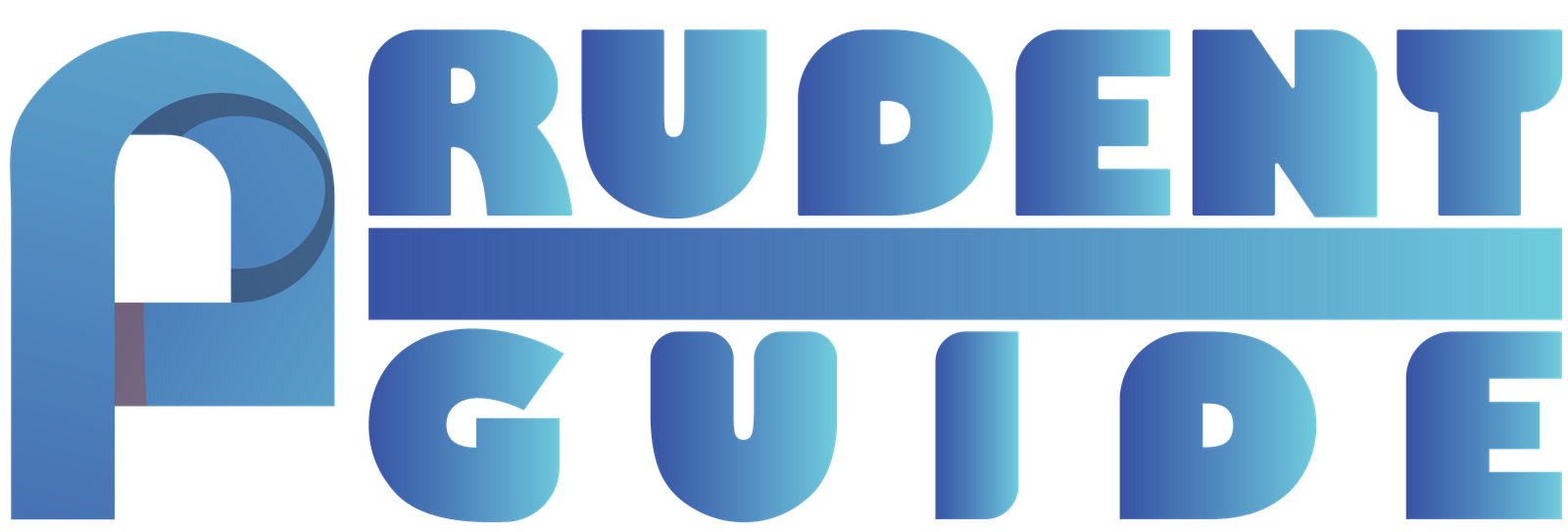In many ways, diet can be as important to maintaining a good level of fitness as being physically active. If you’re interested in getting healthier, toning your body, or looking and feeling better, selecting the proper eating plan plays a very significant role. But the truth is that when it comes to diet plans there are so many of them that one can easily get confused. This post will go over some of the common diets for individuals who wish to maintain their physique, the pros, and cons of ketosis, paleo, and vegan diets, and many more to find out what can be suitable for you.
Keto Diet
Lately, the keto diet has received massive attention from the public, especially from those interested in a rapid weight loss plan or those who want to enhance their performance.
What It Is:
In other words, the keto diet is rich in fats and protein and deficient in carbohydrate intake. That is why when you remove most of the carb foods that you have been consuming, your body gets to a stage called ketosis. Also, since fats are used to feed the cells when they are in ketosis, rather than glucose, it can lead to weight loss initially.
Pros:
- Helps with weight loss: The ideal candidate’s body loses fat, so the effects will manifest much faster.
- Steady energy: Many people feel considerably more attentive when they are not experiencing sugar highs or crashes.
- Better endurance: People who do endurance sports may realize enhanced performance because their bodies are trained to reserve fat for power supply.
Cons:
- Hard to stick to: Staying away from things like bread or pasta, especially for the long term can be difficult for some.
- Keto flu: Some people say they get tired or feel grumpy or depressed for the first week or two as their bodies get used to the diet.
Paleo Diet
The paleo diet, sometimes known as the ‘caveman diet’ pattern, seeks to provide you with food like those our ancestors consumed.
What It Is:
The paleo diet comprises lean meat, fish, vegetables, fruits, almonds, and seed preparations without processed foods, rice, beans, and dairy products. It excludes processed foods, grains, dairy products, beans; or any products considered to be ‘muscle-wise’ complex for the body to digest and which can theoretically cause the body and the flesh a plethora of health issues.
Pros:
- Natural foods: Consuming less processed foods might help in digestion and also cut inflammation within the system.
- Supports muscle growth: It has lots of protein content which aids in making and repairing muscles making it perfect for fitness.
- Increased energy: Some people often report that they have more energy after avoiding processed sugars and refined carbohydrate products.
Cons:
- Can feel restrictive: It can even be challenging to stay away from grains, dairy, and legumes completely.
- Costly: Real fresh meat and fresh vegetables can be very costly.
Vegan Diet
The vegan diet excludes all animal-related foods from the diet which includes no meat, dairy, or eggs. While, you will be enjoying your meals with vegetables, fruits, grains, nuts, and legumes among other groups.
What It Is:
For one, individuals decide to take vegan diets due to health, environmental conservation, or moral reasons. Fitness lovers can also consume vegan diets with all the required nutrients, but extra care should be taken to include proper protein sources.
Pros:
- Good for heart health: As compared to non-vegan diets, vegan diets are generally low in cholesterol and have an impact on lower blood pressure.
- Weight management: Another advantage of plant-based diets is that they are often lower in calorie intake and, therefore, will support a weight loss plan.
- Environmentally friendly: Most adopt veganism to help minimize their ecological footprint.
Cons:
- Challenging to get enough protein: For protein, you will have to depend on beans, tofu, and lentils among others.
- Potential for nutrient deficiencies: There are some points of caution that vegans need to follow including that they have to take supplements of vitamins B12, iron, and calcium.
Mediterranean Diet
The Mediterranean diet refers to the kind of diet that was consumed by people in the Mediterranean region including Greece and Italy and so on. This diet is widely popular due to its ability to improve heart health as well as being very convenient to maintain.
What It Is:
Parts of this diet include an increase in the consumption of fruits and vegetables and an increased intake of whole grains and olive oil together with low-fat fish and poultry. It is low in red meat, processed foods, and sugar, focusing on whole, nutrient-dense foods.
Pros:
- Great for heart health: Good cholesterol from olive oil and fish will lower the risk of coronary artery disease.
- Long-term health benefits: Research has shown that it leads to a longer life span as well as an improved living condition for an individual.
- Balanced and easy to follow: As there is no forbidden food list completely, it is not very difficult to stick to.
Cons:
- Weight loss may be slow: In general, this diet is good for maintaining health, however, growth and loss of pounds might be slower than under other diets.
- Meal planning required: However, to have the real benefits most of the meals have to be prepared fresh at home.
Flexitarian Diet
A flexitarian diet is an eating plan that is about 80 percent vegetarian but makes allowances for meat or other animal products.
What It Is:
People who follow this diet have low rates of meat consumption which aids them to avoid high risks of obesity, heart diseases, and cancers associated with high protein diets. This approach is a nice in-between, providing many advantages of a plant-focused diet without being strict.
Pros:
- Balance of nutrients: A particularly flexible form of veganism, where you get all of the advantages of veganism without giving up meat completely.
- Supports weight loss: Focus on the consumption of plant products thus many calories are reduced with the intake of food.
- Easier to follow: Since it is so flexible, it is a lot more reasonable for many people in the long term.
Cons:
- Lack of structure: There are those individuals who may have some level of rigidity and may require clear guidance.
- Weight loss might be slower: You might not get a fast result if you’re still incorporating some of the higher-calorie animal products.
Intermittent Fasting (IF)
While not a usual diet plan, IF or Intermittent fasting has become a common strategy among bodybuilders and athletes. This type is concerned with the time of eating rather than with the food you eat.
What It Is:
This diet exists in two different patterns, but the best known is the 16-8, consisting of fasting during the day for 16 hours and eating only during the night within 8 hours. When you are in the fasting period, your body has to subsist on the fats that are stored in the body.
Pros:
- Effective for weight loss: Fasting means less calorie intake, which makes it a solution for fat burning.
- Improves metabolism: While intermittent fasting is unlikely to have a lasting positive effect on an individual’s weight, it may improve metabolic health in general.
- Simple to follow: The dietary restrictions include no products without additives or preservatives, no processed food, and no cold-cooked food, but there are no particular restrictions on food like in other diets, so it can be relatively easier to follow.
Cons:
- Hunger: One can easily starve for an extended time, and this is particularly so during the initial times of practicing fasting. It is advised to start with less fasting-eating proportions like 12-12
- Not suitable for everyone: It will not be safe for people who are suffering from some particular health issues or those who have ever experienced eating disorders.
Choosing the Right Diet
So when it comes to choosing the right diet plan, one plan doesn’t suit everyone. It is also important to understand that depending on the type of goals, lifestyle, and preference, one or the other works best. Regardless if you prefer following Keto, paleo, vegan, or any sort of diet plan, what matters most is being on a diet plan that you’ll continue to embrace even for the longest time. Of course, moderation and common sense are always important, but it’s still a good idea to speak with your healthcare/nutrition provider before making any dietary changes.
For more health-related tips, visit PrudentGuide.







Leave Comment